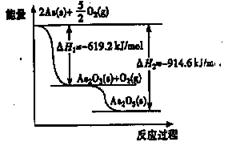问题
问答题 简答题
在裂缝或断层较发育的地区,井排方向如何布置?
答案
参考答案:主要从裂缝和断层的性质出发考虑,天然裂缝或人工压裂的裂缝导流能力比较高,注入水很容易在其中窜流,因此含油裂缝的油田最好裂缝的方向与水驱油的方向垂直;断层可以分为开启性、半开启性、以及密封性断层,对于开启性质的断层来说,其对油水流动阻挡能力没有影响,但是封闭性断层可以阻挡流体的流动,因此如果在水驱油的方向上存在封闭断层,则断层一侧的生产井很难受效。(注意水驱油的方向与井排方向的关系)

